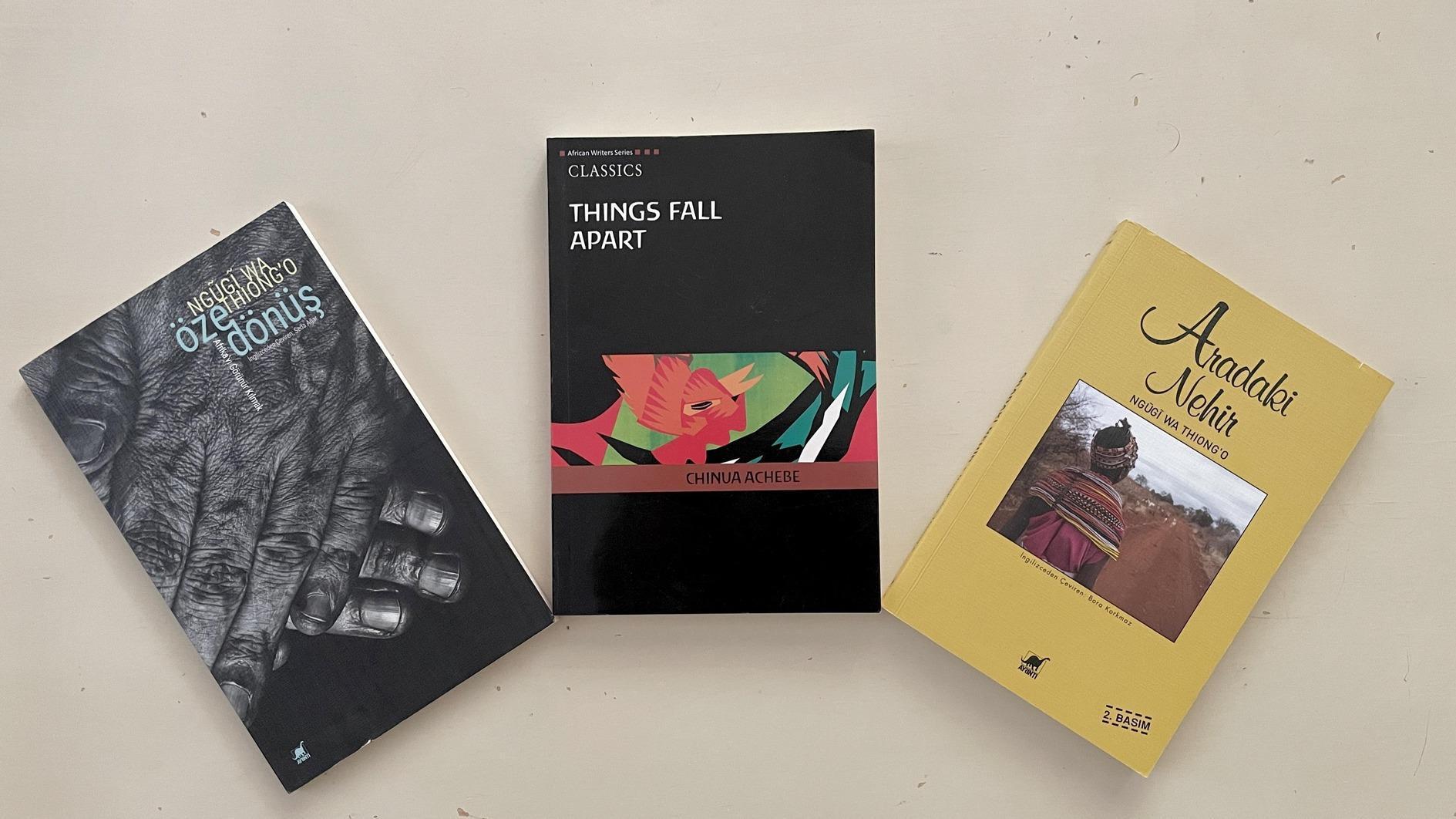
In recent years, the rise of literary works by African authors has rekindled interest in African literature, both in Türkiye and globally, academics said.
Notable figures in African literature include Nigerian authors Chinua Achebe, Nobel laureate Wole Soyinka, and Ben Okri, as well as Senegalese writers Leopold Sedar Senghor and Mariama Ba. Other prominent names are Kenyan Ngugi wa Thiong'o, Ghanaian Ayi Kwei Armah, South African Nadine Gordimer, Egyptian Naguib Mahfouz, Tanzanian Abdulrazak Gurnah, Somali Nuruddin Farah, and Sudanese Tayeb Salih.
Many works by African authors have been translated into Turkish, with the latest being Wole Soyinka's Ake: The Years of Childhood, which recounts his childhood experience in Nigeria before and during World War II.
Ahmet Sait Akcay, a lecturer in African Studies at the University of Cape Town, and Suleyman Nasir, a lecturer in the Department of Turkish Language at the University of Health Sciences known for his work on African literature, shared their insights on the evolution and global impact of African literature.
Akcay noted that African literature initially took shape as a response to colonialism, highlighting the experiences and resistance of marginalized Black communities.
"Modern African literature began with the encounter with Western forms. The earliest novels were penned by South African writers like R.R.R. Dhlomo and Sol T. Plaatje, evolving into what we term anti-colonial literature," he said.
He also emphasized that African literature, regardless of being written in local or European languages, engages critically with Western literary traditions.
Despite the growing global presence of African literature, Akcay observed that its reception in Türkiye remains limited. He criticized the Eurocentric approach to translating and interpreting African works, stressing that understanding requires cultural context beyond mere translation.
He pointed out issues with inaccurate translations and a lack of cultural sensitivity among Turkish publishers and translators.
Africa’s literary landscape is incredibly diverse, shaped by various political, ideological, and social currents. Nasir argued against the notion of a single African literature, suggesting instead that African literatures more accurately reflect the continent’s vast cultural and linguistic diversity.
Nasir also highlighted the continued significance of oral literature in Africa, especially in rural areas. He described poetry as a central literary form, integral to African cultural practices and storytelling traditions.